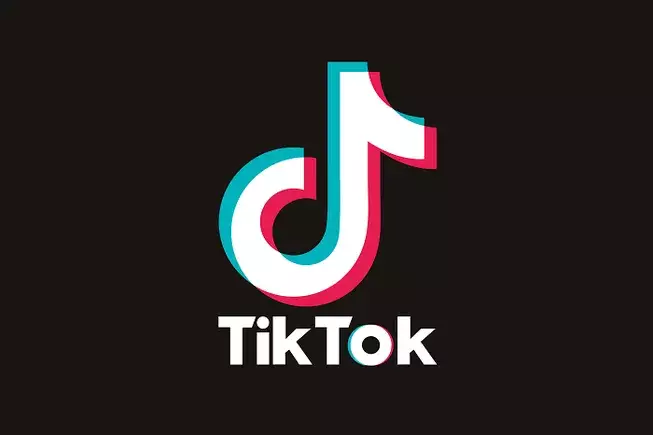In a landscape fraught with geopolitical tensions and national security concerns, the future of TikTok in the United States hangs in a precarious balance. The app, beloved by millions for its short-form video content, faces a formidable challenge dictated by government regulations aimed at safeguarding national interests. Recently, Vice President J.D. Vance has taken the helm in orchestrating negotiations around TikTok’s future, asserting that a concrete deal is within reach before the impending April 4th deadline, a date that could determine whether the platform remains operational in the U.S. or exits the market altogether.
The stakes have never been higher for TikTok, particularly following the enactment of the “Protecting Americans from Foreign Adversary Controlled Applications Act.” This legislation mandated the sale of TikTok to a U.S.-based entity, raising alarms about data security and Chinese ownership. The original selling deadline was met with a brief extension by former President Donald Trump, who granted TikTok more time to explore potential partnerships. As the April deadline nears, Vance’s optimism suggests that we might witness a significant turning point in the saga of TikTok.
The Implications of U.S. Legislation
The implications of the Protecting Americans Act extend beyond merely the fate of TikTok; they tap into deeper anxieties about foreign influence on American soil. There is a growing sentiment among lawmakers that platforms owned by foreign entities could jeopardize U.S. data privacy and national security. This situation presents an intriguing juxtaposition between the demand for digital sovereignty and the complexities of international business relations, where a vibrant social media ecosystem faces existential threats from national policy.
Vice President Vance’s belief that an innovative solution is possible speaks volumes about the shifting dynamics in tech governance. Though many are skeptical about the speed at which such negotiations can materialize, Vance’s confidence underscores a desperate hope within the government that a satisfactory arrangement can bridge the concerns surrounding Chinese ownership. However, the very attempt to craft a partnership with a conglomerate like ByteDance — TikTok’s parent company — introduces an array of logistical and political complications that could push the boundaries of U.S.-China relations.
The Role of Oracle: Business Dynamics and Political Connections
When examining potential outcomes, Oracle emerges as a key player in this unfolding drama. Former President Trump’s previous attempt to align Oracle with TikTok signaled a willingness to navigate the complexities of merging American business interests with international technology. With Oracle’s CEO, Larry Ellison, having established ties to Trump, the company’s stature within this negotiation hints at an intricate web of connections that may ultimately influence decision-making.
Notably, Oracle’s previous partnership with ByteDance on the “Project Texas” initiative positions it favorably within these discussions. This project aims to ameliorate data separation concerns between the U.S. and China, thereby achieving a semblance of trust in handling American users’ data. Nonetheless, one must wonder — can business considerations triumph over national security rhetoric? While a deal may appease some lawmakers and allow TikTok to persist in a U.S. format, what guarantees can be established to ensure that user data is genuinely protected?
The Road Ahead: Negotiation Challenges and Solutions
While optimism reigns over a potential agreement, several hurdles lie ahead. The complex nature of international diplomacy means that engaging in negotiations with Chinese officials will not be straightforward. Balancing U.S. demands with the Chinese government’s conditions may prove to be a formidable service in itself. How these negotiations play out will have far-reaching consequences not only for TikTok but for international tech policy at large.
Yet, there remains a fervent undercurrent of hope that compromise can be achieved, as evidenced by the ongoing discussions. Vance’s comments suggest that there is room for negotiation that can address both national security concerns and business interests. This dual focus might pave the way for a hybrid model that satisfies U.S. regulators while allowing ByteDance to retain a stake in its globally popular platform.
The unfolding story of TikTok is emblematic of the broader tensions in an increasingly interconnected world. As technology traverses borders, so do regulations and fears, igniting debates over privacy, ownership, and the implications of foreign control. The fate of TikTok could serve as a litmus test for similar cases in the future, setting precedents that dictate the balance of power between national interests and global enterprise.


Leave a Reply